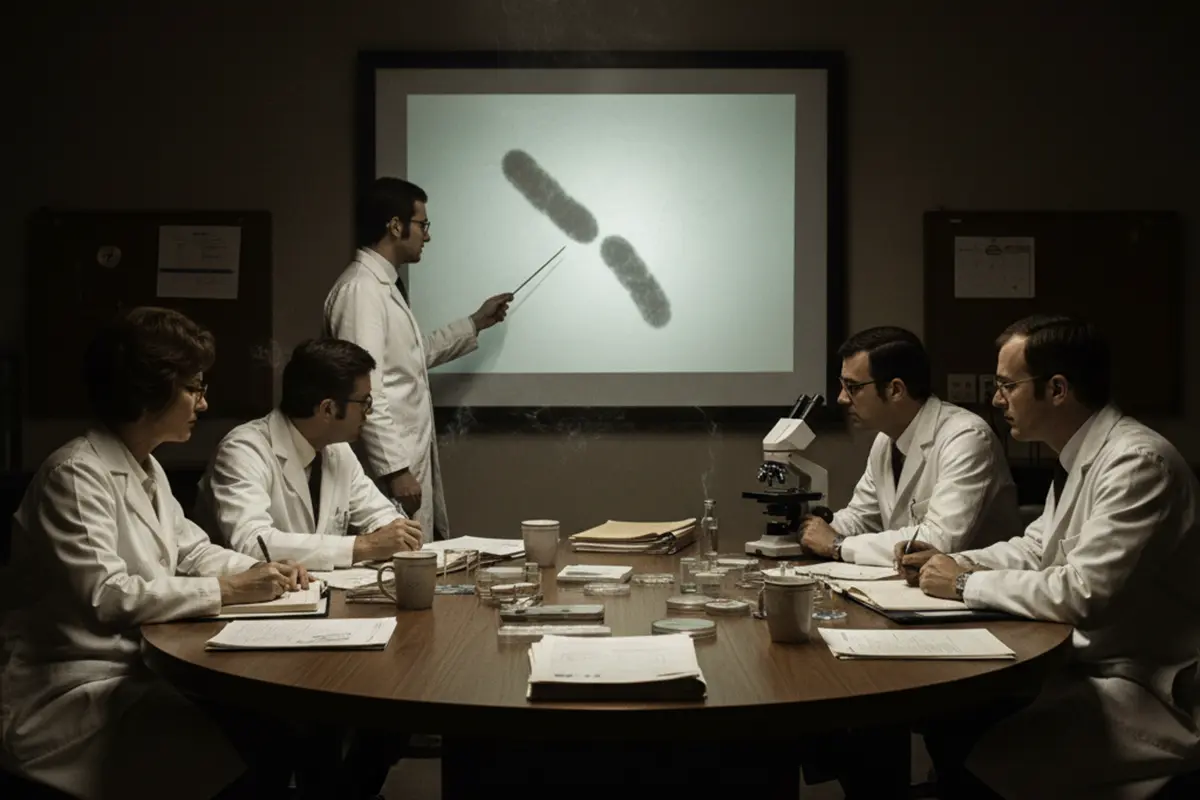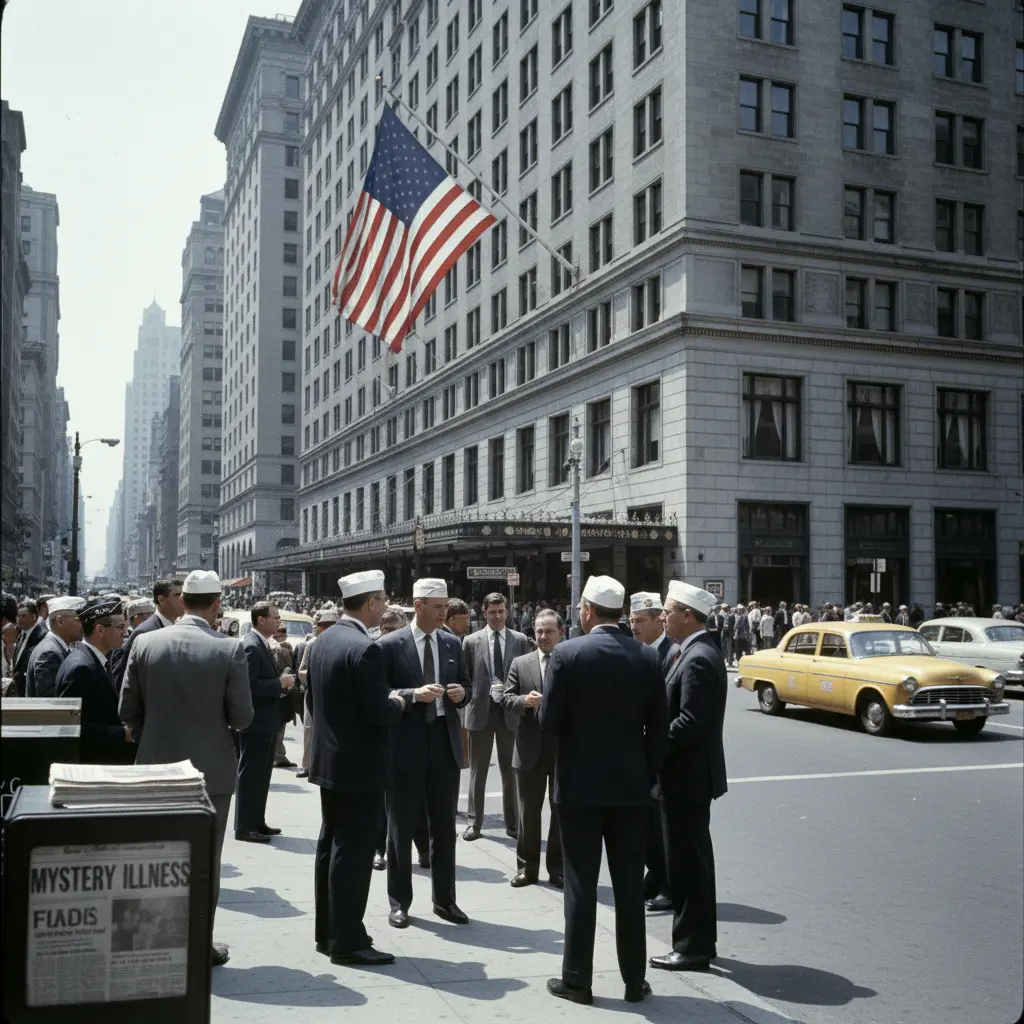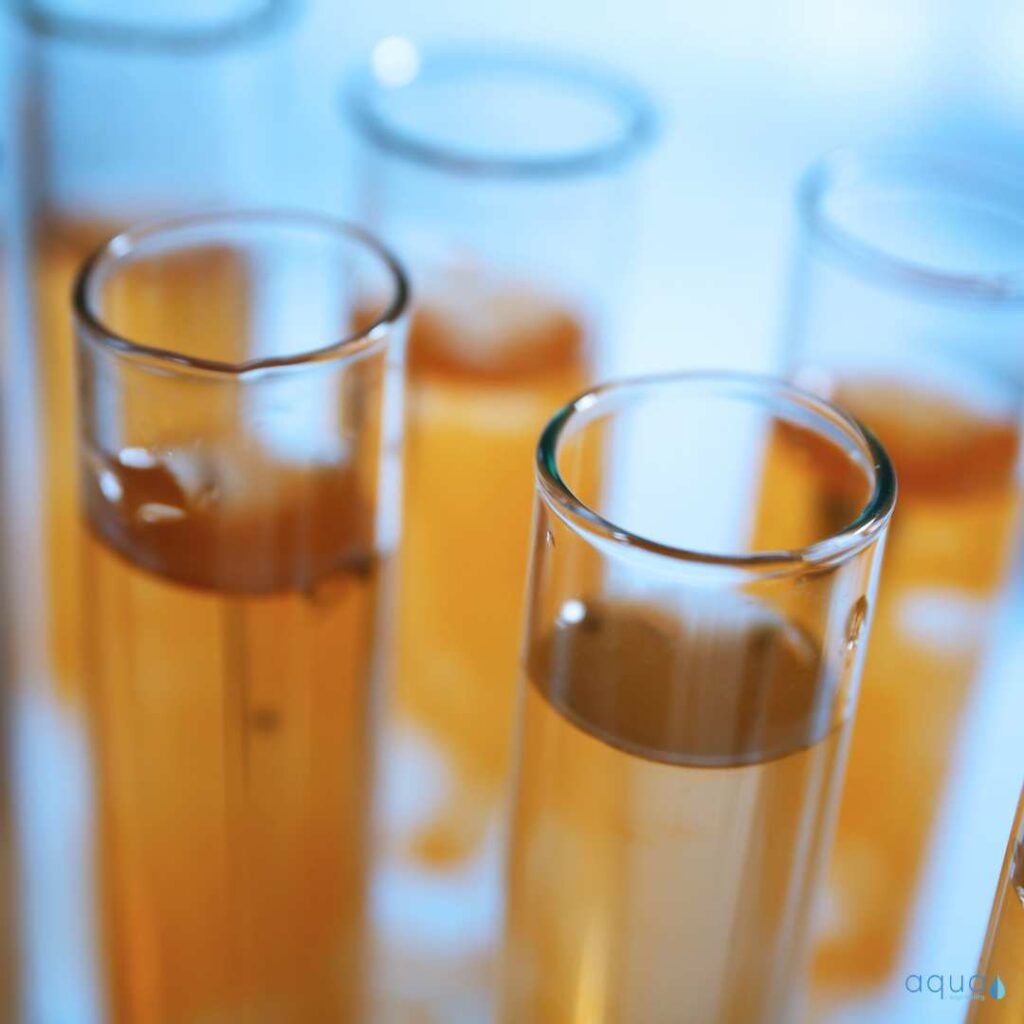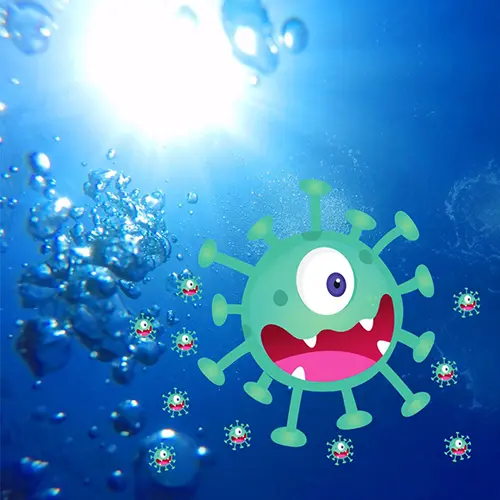From Philadelphia to Modern Practice: How the 1976 Legionnaires’ Outbreak Changed Water Safety Forever

Nearly five decades ago, a mystery illness struck at the heart of America’s bicentennial celebrations, forever changing how we approach water safety. The story of Legionnaires’ disease begins not in a laboratory or medical journal, but in the grand halls of Philadelphia’s Bellevue-Stratford Hotel during the summer of 1976.
The Mystery That Gripped America
July 1976 was meant to be a time of celebration. Philadelphia was hosting visitors from across the nation for the bicentennial anniversary of American independence. Among them were approximately 2,000 Pennsylvania American Legion veterans gathering for their annual four-day convention at the prestigious Bellevue-Stratford Hotel on Broad Street.
What should have been a celebration of service and camaraderie quickly turned into a medical nightmare.
Within days of returning home, veterans began developing severe pneumonia and fatal respiratory infections. The symptoms were alarming: high fever, cough, muscle aches, and breathing difficulties. Most concerning of all, people were dying.
As Dr. René Najera, director of public health at the College of Physicians of Philadelphia, later recounted: “Her father came back on Friday from the convention and by Sunday, he was in the hospital and by Monday or Tuesday he was dead.”
A Race Against Time
By mid-August, the death toll had reached 29, with 200 people hospitalised. The mysterious illness wasn’t just affecting convention attendees – investigators discovered that even people who had simply walked past the hotel during that week had become infected.
Public health experts were baffled. They ruled out viral infections like influenza, which would have spread from person to person. This was something different, something environmental. The media coverage was intense, and fear gripped the city.

“There were no lines at the Liberty Bell in August,” recalled epidemiologist Dr. Robert Sharrar, who led Philadelphia’s communicable disease programme at the time. “There was still the unknown, scary phenomenon.”
Scientists and health officials from city, state, and federal levels launched one of the largest disease investigations in U.S. history. Teams from the Centers for Disease Control and Prevention worked around the clock, testing samples and searching for clues.
The Discovery That Changed Everything
It wasn’t until January 1977 – six months after the outbreak – that researchers finally identified the culprit: a previously unknown bacteria thriving in warm water systems.
The organism was found in blood samples from patients who had died, revealing a common warm-water bacteria that becomes dangerous when inhaled as mist or vapour. Scientists named it Legionella pneumophila after the American Legion veterans who had suffered so tragically.
The breakthrough was monumental. Suddenly, investigators had a name, a clear set of symptoms, and most importantly, a way to test for and treat the disease. They also discovered that certain antibiotics could successfully combat the infection.
Public health experts strongly suspected that the bacteria had been growing in the Bellevue-Stratford’s air conditioning cooling towers, though the towers had been cleaned before they could definitively confirm this theory.

Why It Still Matters Today
Fast-forward nearly 50 years, and Legionnaires’ disease remains a serious public health concern. In fact, cases have been steadily rising:
- The UK reports 4,000-6,000 cases annually
- Mortality rates remain between 7-12%
- Recent outbreaks, like the one in Central Harlem that claimed seven lives, demonstrate the ongoing risk
But why are cases increasing? Several factors contribute to this worrying trend:
Climate Change:
Warming temperatures create ideal conditions for Legionella bacteria growth. As Dr. Najera explains: “We have dirtier air, we have a warming climate, we have people with chronic conditions. And in a warming climate, that leads to more air conditioning, which leads to more exposures.”
Ageing Populations:
More people are living with chronic conditions like asthma, COPD, and emphysema, making them more susceptible to severe infection.
Improved Detection:
Better testing methods mean we’re identifying cases that would have gone undiagnosed in the past.
Complex Water Systems:
Modern buildings have increasingly sophisticated water systems, creating more potential breeding grounds for bacteria.
How Modern Water Safety Evolved
The Philadelphia outbreak catalysed a complete transformation in water safety protocols. Today’s approach is comprehensive and proactive:
Regular Monitoring and Testing
- Routine water sampling from high-risk systems
- Temperature monitoring of hot and cold water systems
- Professional risk assessments for all commercial premises
Preventive Maintenance
- Scheduled cleaning and disinfection of water systems
- Removal of dead legs and little-used outlets
- Regular descaling of shower heads and fixtures
Legal Framework
- Clear regulations requiring risk assessments
- Mandatory control measures based on identified risks
- Regular review and documentation requirements
Professional Expertise
- Trained specialists conduct assessments and testing
- UKAS-accredited laboratory analysis
- Emergency response protocols for positive results
What Business Owners Need to Know
The lessons from Philadelphia are clear: Legionella prevention requires constant vigilance and professional expertise. Every business with water systems has legal obligations under UK health and safety law.
Your Legal Responsibilities Include:
- Risk Assessment: Identifying potential sources of Legionella exposure
- Control Measures: Implementing appropriate prevention strategies
- Regular Monitoring: Temperature checks and water testing
- Record Keeping: Maintaining detailed documentation
- Staff Training: Ensuring competent people manage the risks
High-Risk Environments:
- Hotels and hospitality venues
- Leisure centres and spas
- Healthcare facilities
- Office buildings with complex water systems
- Care homes and assisted living facilities
Don't Wait for an Outbreak
The Philadelphia outbreak taught us that prevention is always better than cure. Modern water safety isn’t about reacting to problems – it’s about preventing them entirely.
Regular professional assessments can identify risks before they become dangerous. Proper maintenance schedules ensure bacteria never get the chance to multiply. Staff training creates a culture of awareness and vigilance.

Moving Forward: Learning from History
As we mark nearly half a century since the Philadelphia outbreak, the message remains urgent: water safety cannot be an afterthought. The bacteria that claimed 29 lives in 1976 is still out there, still dangerous, and still preventable.
The veterans who gathered at the Bellevue-Stratford that summer couldn’t have known they were walking into danger. Today, we have no such excuse. We know what causes Legionnaires’ disease, how to test for it, how to prevent it, and how to treat it.
The question isn’t whether you can afford to invest in proper water safety measures – it’s whether you can afford not to.
Take Action Today
Don’t let the lessons of Philadelphia be forgotten. Ensure your water systems are properly assessed, monitored, and maintained by qualified professionals.
Contact Aqua Engineering today for:
- Professional Legionella risk assessments
- UKAS-accredited water testing
- Comprehensive maintenance programmes
- Staff training and support
- Emergency response services
Call us for a FREE, no-obligation consultation: 01524 66512
Remember: the Philadelphia outbreak happened because nobody knew to look for Legionella. Today, we know exactly what to look for – and how to stop it before it starts.
Aqua Engineering has been protecting businesses across the North West for over 25 years. Our team of qualified specialists provides comprehensive water safety solutions, from risk assessments to emergency response. Trust your water safety to the experts.
References: